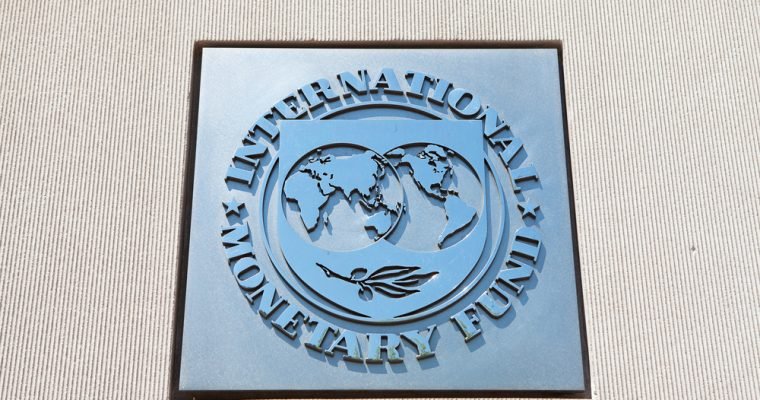
The International Monetary Fund (IMF) is calling on regulators around the world to coordinate on policies for cryptocurrencies after warning of ‘risks’ from the soaring prices of digital assets.
The IMF, the United Nations’ organization for global monetary cooperation, financial stability and economic growth, is pushing a “greater international discussion and cooperation among regulators” globally to form policies on cryptocurrencies. Speaking on behalf of the IMF, spokesman Gerry Rice weighed in on the benefits of cryptocurrencies in their use as payments as well as their abuse in money laundering, fraud and terrorist financing.
Speaking to reporters in Washington, Rice added in quotes reported by Bloomberg:
“When asset prices go up quickly, risks can accumulate, particularly if market participants are borrowing money to buy. It’s important for people to be aware of the risks and take the necessary risk-management measures.”
Rice did not delve into specifics of the kind of collaboration or policies that the IMF is pushing for. The organization, which was established near the end of the second World War to reconstruct the international monetary and payments system, now functions as a fund that bails out countries embroiled in economic crises.
As a traditional financial heavyweight that continues to wield influence, the IMF has been known to taking a nuanced approach when discussing cryptocurrencies, particularly in their utility as an instrument for financial inclusion in developing or under-developed countries.
Nearly a year ago to the day, IMF managing director Christine Lagarde presented a report titled “Virtual Currencies and Beyond: Initial Considerations” at the World Economic Forum. With broad insights and research into cryptocurrencies like bitcoin, ‘virtual currencies and their underlying technologies can provide faster and cheaper financial services and can become a powerful tool for deepening financial inclusion in the developing world,’ read an excerpt from the report read by Lagarde.
More recently in September 2017, Lagarde warned banks of “massive disruptions” bought on by cryptocurrencies and financial technologies.
She stated:
“The ways in which new technologies are lowering the cost to make financial transactions more accessible, even in very small numbers…I think it’s already massively disruptive.”
The IMF’s call for global cooperation on regulation of cryptocurrencies comes at a time when US Treasury Secretary Steven Mnuchin confirmed last week the existence of several internal working groups looking into the usage of cryptocurrencies like bitcoin to track their abuse in illicit actives.